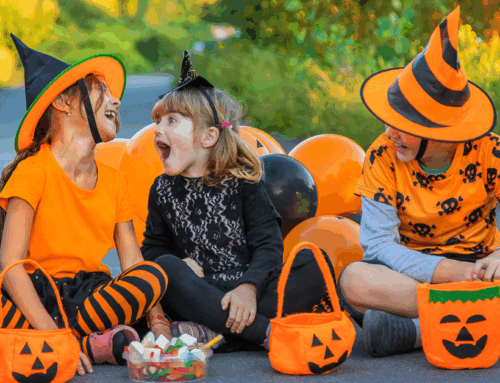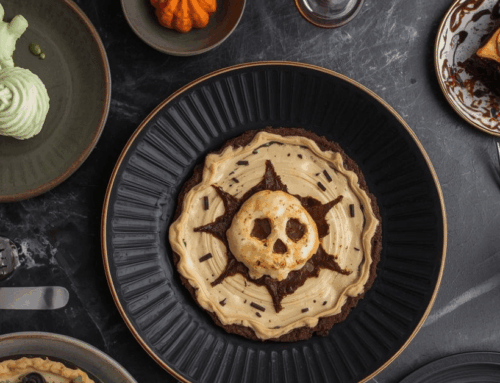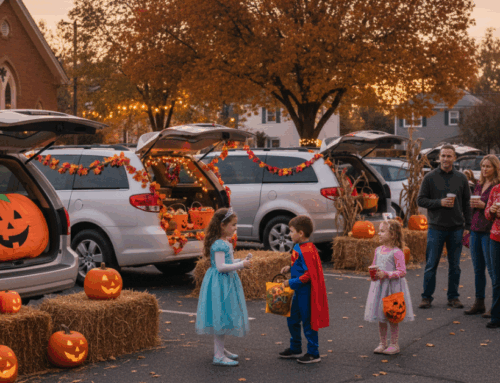As October 31st approaches each year, many families and communities prepare for Halloween celebrations. However, deciding to participate in Halloween festivities can be challenging for some religious groups, including Baptists.
This article explores the complex relationship between Baptist faith and Halloween, examining historical perspectives, contemporary approaches, and the ongoing dialogue within Baptist communities.
Baptist Beliefs
Before delving into the specifics of Halloween, it’s crucial to understand the foundational beliefs of the Baptist faith:
- Emphasis on individual interpretation of scripture
- Believer’s baptism by immersion
- Autonomy of local churches
- Priesthood of all believers
- Separation of church and state
These core tenets shape how Baptists approach various aspects of life, including cultural celebrations like Halloween. It’s important to note that there is significant diversity within Baptist denominations, leading to many perspectives on many issues, including holiday observances.
Historical Baptist Perspectives on Halloween
Traditionally, many Baptists viewed Halloween with skepticism due to its pagan origins and associations with the occult. The holiday’s roots in the Celtic festival of Samhain and its later connection to the Catholic All Saints’ Day made some Baptists wary of participation.
However, Baptist attitudes towards cultural celebrations have evolved. As Halloween became more secularized and focused on community activities, some Baptist churches began to see it as an opportunity for outreach and fellowship.

Contemporary Baptist Approaches to Halloween
Today, Baptist views on Halloween vary widely, reflecting the diversity within the denomination. Some key factors influencing individual Baptist choices include:
- Personal interpretation of scripture
- Local church leadership’s stance
- Cultural context and community norms
- Family traditions and values
Many Baptist churches now offer alternative celebrations or use Halloween as an opportunity for community engagement. For example:
- Fall festivals or harvest parties
- Trunk-or-treat events in church parking lots
- Bible-themed costume parties
- Community service projects on October 31st
These activities allow Baptists to participate in the social aspects of Halloween while aligning with their faith values.
Arguments Against Baptist Participation in Halloween
Some Baptists continue to avoid Halloween celebrations for various reasons:
Concerns about Pagan Origins and Occult Associations
Many point to Halloween’s historical connections to pagan rituals and beliefs about the dead. They argue that participating in Halloween, even in its modern form, could be seen as endorsing or trivializing these non-Christian spiritual practices.
Promoting Un-Christian Values
Some Baptists worry that typical Halloween activities, such as trick-or-treating or watching horror movies, might promote values or behaviors that conflict with Christian teachings. They may be concerned about:
- Glorification of violence or fear
- Encouragement of greed (in the case of excessive candy consumption)
- Trivializing of spiritual warfare or demonic influences

Desire for Spiritual Separation
Following the biblical call to be “in the world but not of the world,” some Baptists choose to abstain from Halloween to distinguish themselves from secular culture. They may see non-participation as a form of witness to their faith.
Arguments For Baptist Participation in Halloween
On the other hand, many Baptists see value in engaging with Halloween:
Community Engagement and Outreach
Halloween provides a unique opportunity for Baptists to connect with their neighbors and build relationships. Some see trick-or-treating or community events as chances to demonstrate Christian hospitality and love.
Reframing Halloween as a Harvest Celebration
By focusing on themes of harvest and thanksgiving, some Baptists choose to participate in Halloween-adjacent activities that align more closely with their faith values. This approach allows them to join community celebrations while maintaining their spiritual focus.

Teaching Opportunities
Parents and church leaders may use Halloween as a springboard for discussions about:
- The history of the Reformation (Reformation Day is also October 31st)
- Discernment in popular culture
- The Christian perspective on death and the afterlife
Navigating Halloween as a Baptist
For Baptists considering how to approach Halloween, here are some tips:
- Study scripture and pray for guidance
- Discuss the issue with family members and church leadership
- Consider the potential impact on your witness and relationships with non-believers
- Look for ways to engage positively with your community, whether through participation or alternative activities
- Respect the choices of other believers who may have different convictions
The Broader Context: Halloween and Religious Identity
The Baptist approach to Halloween reflects a larger conversation about how religious groups interact with popular culture. As society becomes increasingly diverse and secularized, many faith communities are reevaluating their stance on cultural practices that may have once been off-limits.
This ongoing dialogue raises important questions:
- How can faith groups maintain their identity while engaging with the broader culture?
- What role does cultural adaptation play in the survival and growth of religious traditions?
- How do individual choices about cultural participation shape communal religious identity?
For Baptists, the Halloween question is just one example of how these larger issues affect everyday life.

Conclusion
So, do Baptists celebrate Halloween? Like many aspects of the Baptist faith, the answer depends on individual interpretation and conviction. While some Baptists abstain from Halloween celebrations, others embrace the holiday as an opportunity for community engagement and creative expressions of faith.
Ultimately, the diversity of Baptist perspectives on Halloween reflects the denomination’s emphasis on individual conscience and local church autonomy. As Baptists continue to navigate the complexities of faith in a changing world, the Halloween question serves as a reminder of the ongoing dialogue between religious tradition and cultural practice.
Whether choosing to participate in Halloween festivities, create alternative celebrations, or abstain entirely, Baptists are encouraged to approach the holiday thoughtfully, guided by their understanding of scripture and their desire to live out their faith in meaningful ways.






